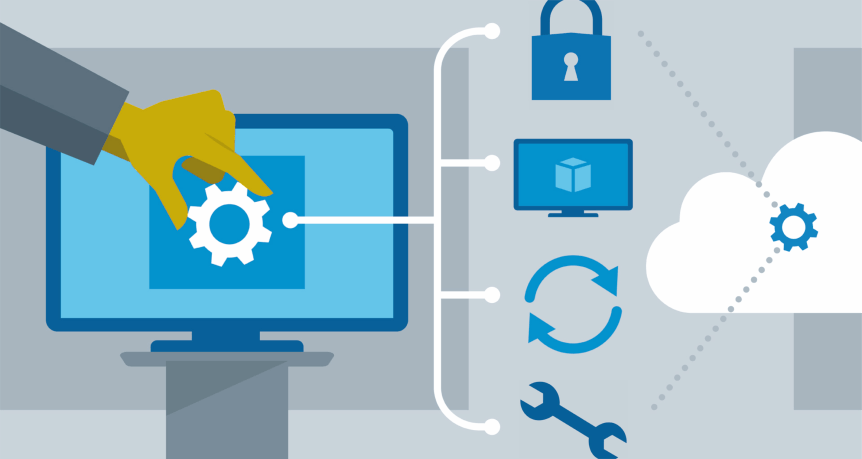Remote Desktop Protocol (RDP) servers have become an integral part of modern computing, offering a wide range of use cases that extend far beyond their original purpose. Initially designed for IT support and remote system management, click here servers have evolved to cater to diverse needs, from facilitating remote work to enhancing gaming experiences. In this blog, we’ll explore the various use cases of RDP servers and how they have transformed the way we interact with computers.
- IT Support and System Administration
RDP servers were first developed to streamline IT support and system administration tasks. They allow IT professionals to connect to remote computers and troubleshoot issues, perform software updates, and configure settings without needing to be physically present at the location. This use case has significantly improved the efficiency and responsiveness of IT support teams.
- Remote Work and Telecommuting
The advent of remote work and telecommuting has made RDP servers invaluable. They enable employees to access their work computers from anywhere with an internet connection, making it possible to work from home, while traveling, or in remote locations. RDP servers provide secure access to corporate networks and resources, enhancing productivity and flexibility for both employees and employers.
- Software Development and Testing
Software developers often need to test their applications on different operating systems and configurations. RDP servers allow them to create virtual environments on remote machines, simplifying the process of cross-platform testing and debugging. This saves time and resources while ensuring the compatibility of software across various platforms.
- Data Center Management
Data centers house critical infrastructure and servers that require constant monitoring and maintenance. RDP servers are indispensable for data center administrators, enabling them to access and manage servers remotely. This reduces downtime, minimizes the need for physical interventions, and improves overall efficiency in data center operations.
- Cloud Computing and Virtualization
Cloud service providers and virtualization platforms rely on RDP technology to offer remote access to virtual machines and hosted applications. Users can connect to their cloud resources, perform tasks, and manage their virtualized environments using RDP clients. This use case has democratized access to powerful computing resources and services, making cloud computing accessible to businesses of all sizes.
- Education and E-Learning
RDP servers have played a vital role in the education sector, especially during the COVID-19 pandemic. Schools and universities have leveraged RDP technology to provide remote access to virtual classrooms and educational resources. Students can connect to school servers, access course materials, and participate in online classes, ensuring continuity in education.
- Media and Entertainment
The use of RDP for media and entertainment purposes has gained popularity in recent years. Gamers, for instance, can set up high-performance gaming rigs in data centers and connect to them remotely, allowing for seamless gaming experiences with minimal latency. Streaming enthusiasts can also use RDP servers to host and access media libraries from anywhere in the world.
- Secure File Access and Sharing
RDP servers provide a secure way to access and share files remotely. Businesses can set up file servers accessible via RDP to ensure that sensitive data remains protected while offering employees easy access to important documents and resources.
Conclusion
Remote Desktop Protocol (RDP) servers have come a long way from their origins in IT support. Today, they are essential tools in a wide range of industries and use cases. Whether you’re a system administrator, a remote worker, a software developer, or a gamer, RDP servers offer the flexibility and convenience to access and manage remote resources securely. As technology continues to advance, RDP servers will likely find even more applications, further enhancing the way we interact with computers and digital environments.
